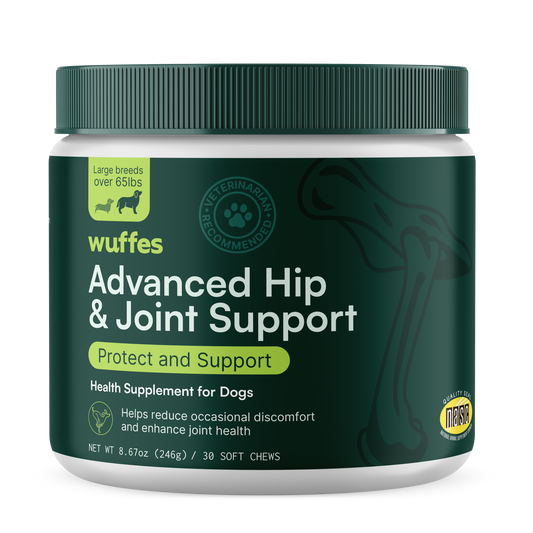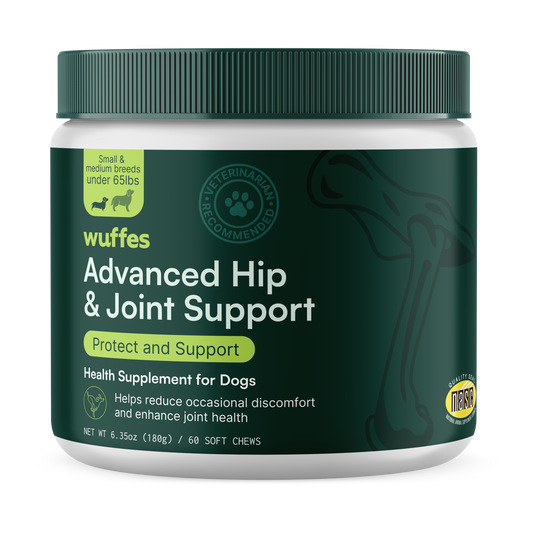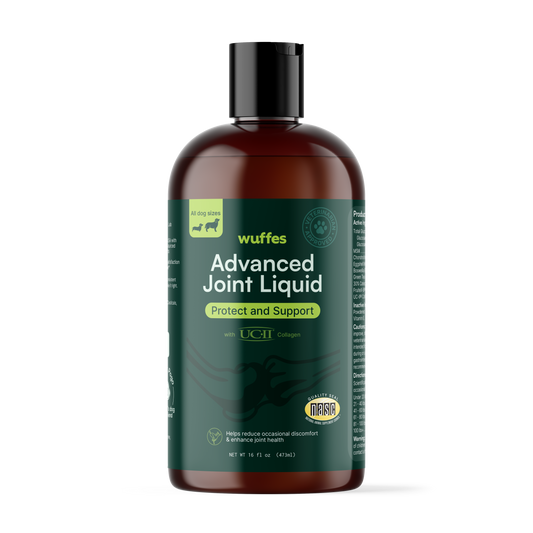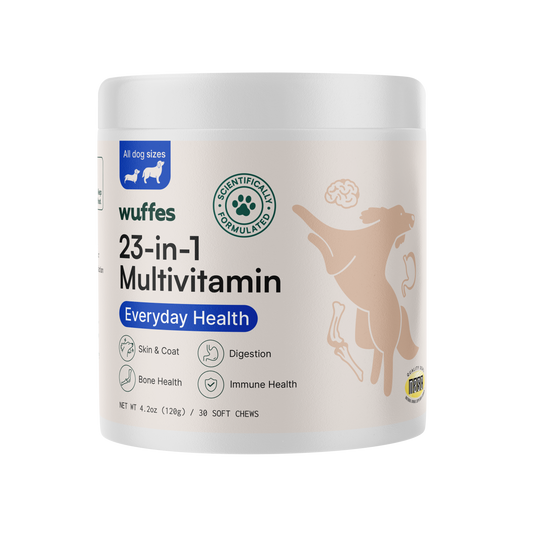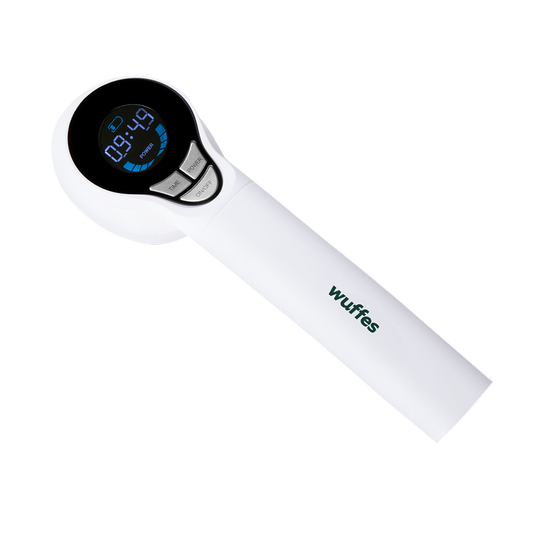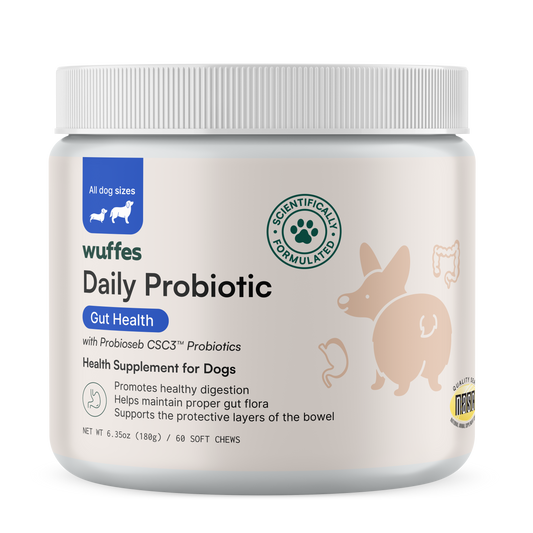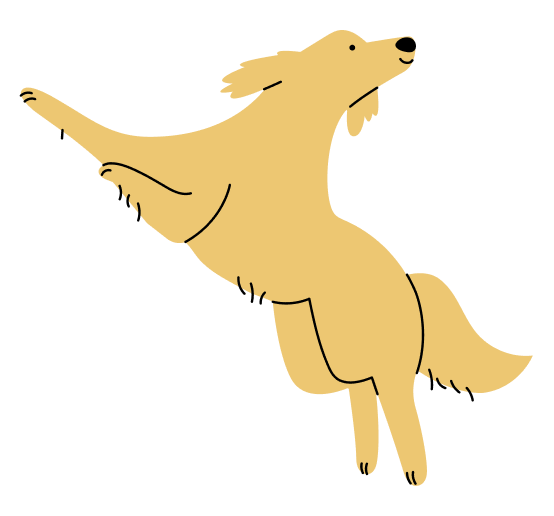Flatulence is a normal part of life for all animals, including dogs. However, excessive farting can indicate digestive discomfort or other underlying issues. While occasional gas is nothing to worry about, frequent flatulence may signal that something’s not quite right with your dog’s digestive health. As a loving pet parent, it’s important to keep an eye on your dog’s habits and make adjustments to their diet if needed.
What causes excessive farting in dogs?
There are several reasons why your dog may be experiencing excessive gas, ranging from diet to digestion issues:
-
Indigestion
One of the most common causes of excessive gas is indigestion. Certain foods like chocolate, bacon, eggs, and dairy products are not suitable for dogs and can be hard for their stomachs to process. Without the necessary enzymes to break these foods down, dogs can experience stomach discomfort, flatulence, and sometimes even diarrhea. -
Table Scraps and Leftovers
Feeding your dog human food, especially table scraps, can lead to gastrointestinal problems. Leftovers often contain unhealthy oils, bacteria, or other ingredients that may not agree with your dog’s digestive system. -
Fart-Inducing Foods
Certain ingredients, such as soybeans, wheat, and foods high in fiber, can cause excessive gas in dogs. While fiber is important for digestion, too much of it can lead to increased flatulence. -
Sudden Dietary Changes or Activity After Meals
Abrupt changes in your dog’s diet, or vigorous activity right after eating, can also lead to excessive gas. Your dog’s stomach needs time to properly digest food, and rushing digestion can result in discomfort and flatulence. -
Underlying Health Conditions
In some cases, excessive farting can be a sign of more serious issues such as gastrointestinal parasites or inflammation. If your dog’s gas is accompanied by foul odors, diarrhea, or stools with blood, it’s important to consult your veterinarian to rule out any serious concerns.
How can you prevent excessive farting in dogs?
Supporting your dog’s digestive system is key to reducing the risk of excessive gas. While proper diet and portion control are essential, certain supplements can also help improve digestion and overall health.
-
Balanced Diet and Multivitamins
Providing your dog with a balanced diet, along with a daily multivitamin, can help support healthy digestion and reduce excessive gas. High-quality multivitamins help support digestion, allowing your pup to absorb essential nutrients. -
Digestive Support with Essential Nutrients
Multivitamins that contain a blend of Vitamin C, Vitamin E, Manganese, and Iron not only aid digestion but also support your dog’s overall health. These nutrients help promote muscle development, improve skin and coat health, and boost the immune system, making your dog less vulnerable to seasonal or occasional health challenges. -
Consistent Feeding Routine
Keeping a consistent feeding schedule and avoiding sudden changes in your dog’s diet can help minimize digestive upset. Avoid feeding your dog large meals right before strenuous activity, and always provide ample time for digestion after eating.
Observing your dog's health
While flatulence is a natural process, paying attention to your dog’s habits is important. By offering a balanced diet and supporting their nutrition with the right multivitamins, you can help promote a healthier digestive system and reduce the chances of excessive gas. If you notice significant changes in your dog’s behavior or digestive patterns, it’s always best to consult your veterinarian to ensure your dog is in good health.

